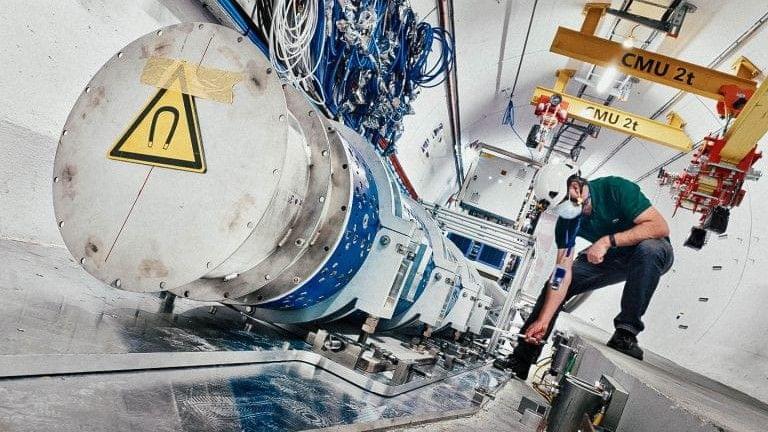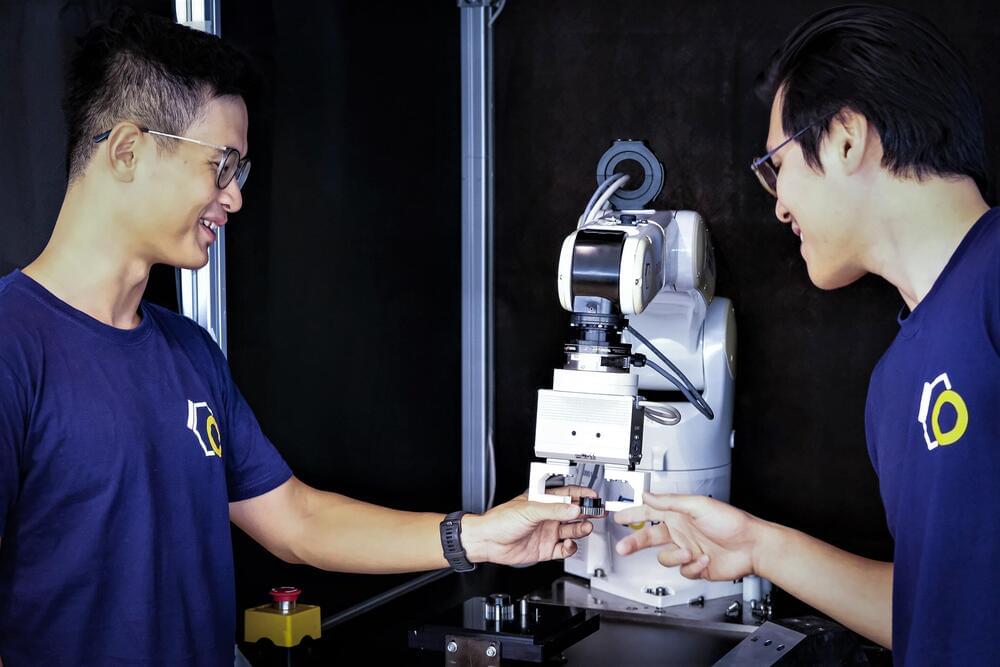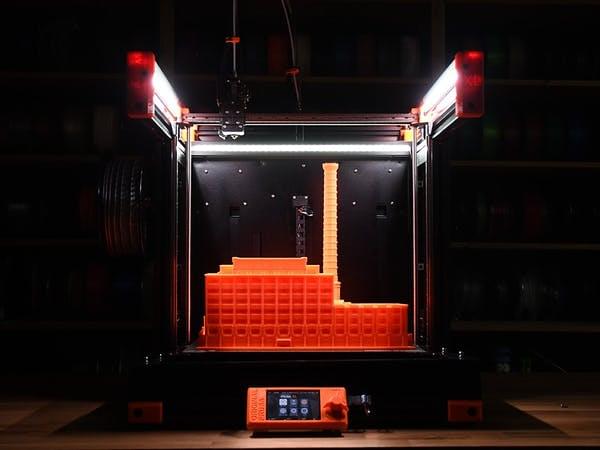Breakthrough Starshot’s ultra-lightweight spacecraft will have to travel four light-years to reach Alpha Centauri. To put it another way, our nearest neighboring star system is a mind-shattering 40,208,000,000,000 (40 trillion) km away from Earth.
As a point of reference, our fastest and most reliable technology today for long-range space travel is the ion thruster, which is powering NASA’s DART mission to a nearby asteroid at speeds of 15,000 mph (24,000 km/h). However, according to NASA, with the ion thruster, it would take 18,000 years, or approximately 2,700 human generations, to get to Alpha Centauri.
Impressively, the Breakthrough Starshot team believes its spacecraft, with the help of lasers located on Earth, will be able to reach unprecedented speeds, allowing it to travel the distance to Alpha Centauri in only 20 years. If it does reach its destination, the probe spacecraft will then send back the first-ever images taken from another solar system, allowing a never-before-seen window to distant planets that may or may not resemble Earth.







